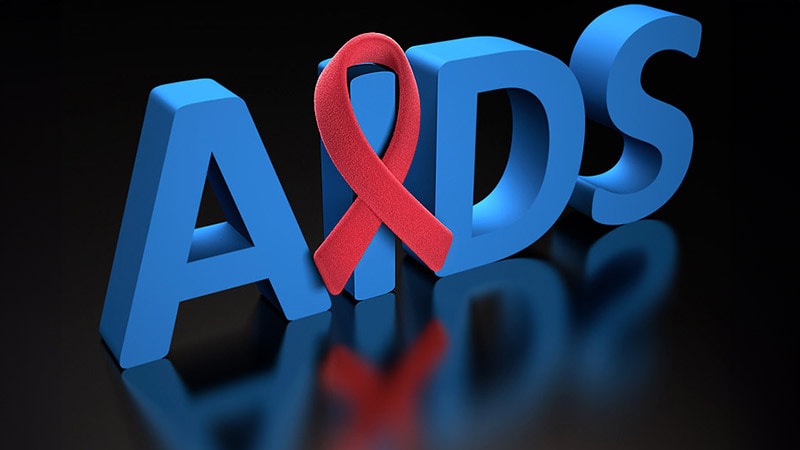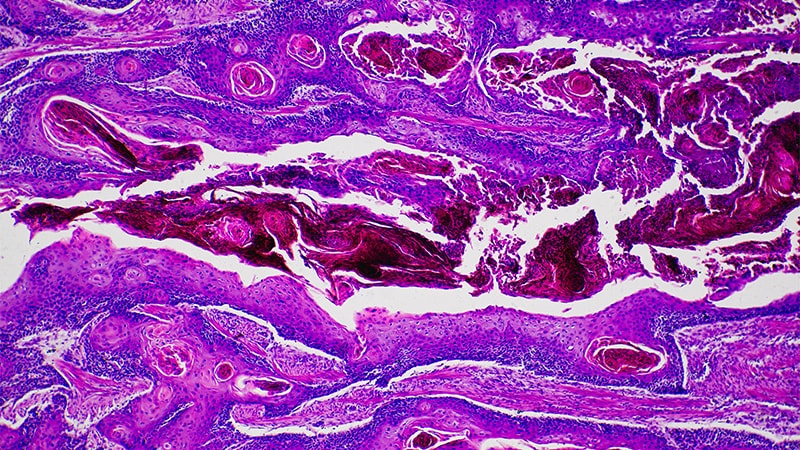- Use of drugs associated with chemsex and HIV-related behaviours increased over time in a study from two UK cities
- Results reflect increasingly complex needs
The study compared the prevalence of drug use and HIV-related behaviours in two groups of HIV-negative MSM (N=991 and 1031, respectively) attending sexual health clinics in London and Brighton, in two consecutive time periods between 2013 and 2016. Data were taken from the Attitudes to and Understanding Risk of Acquisition of HIV (AURAH) and AURAH2 studies.
Over the three-year period:
- Use of drugs associated with chemsex increased (adjusted prevalence ratio [aPR] 1.30, 95% CI 1.11-1.53)
- Certain measures of HIV-related behaviours also increased, including use of post-exposure prophylaxis (aPR 1.50, 95% CI 1.21-1.88), number of self-reported bacterial STI diagnoses (aPR 1.24, 95% CI 1.08-1.43), condomless sex with 2 or more partners in the last 3 months (aPR 1.22, 95% CI 1.08-1.39, and HIV testing in the last 6 months (aPR 1.15, 95% CI 1.09-1.22).
The authors say the results demonstrate the increasingly complex needs of MSM attending clinics for sexual healthcare, lifestyle support and health promotion. Sexual health clinics should collaborate with specialised drug services to provide appropriate care that encompasses recreational drug use as well as sexual health.
Results were adjusted for sociodemographic factors. Participants spanned a wide age range and most were white, financially stable, degree-educated and employed. The authors acknowledged that the sample may not be generalisable to the MSM population in other areas of the UK or to those who do not attend clinics.


